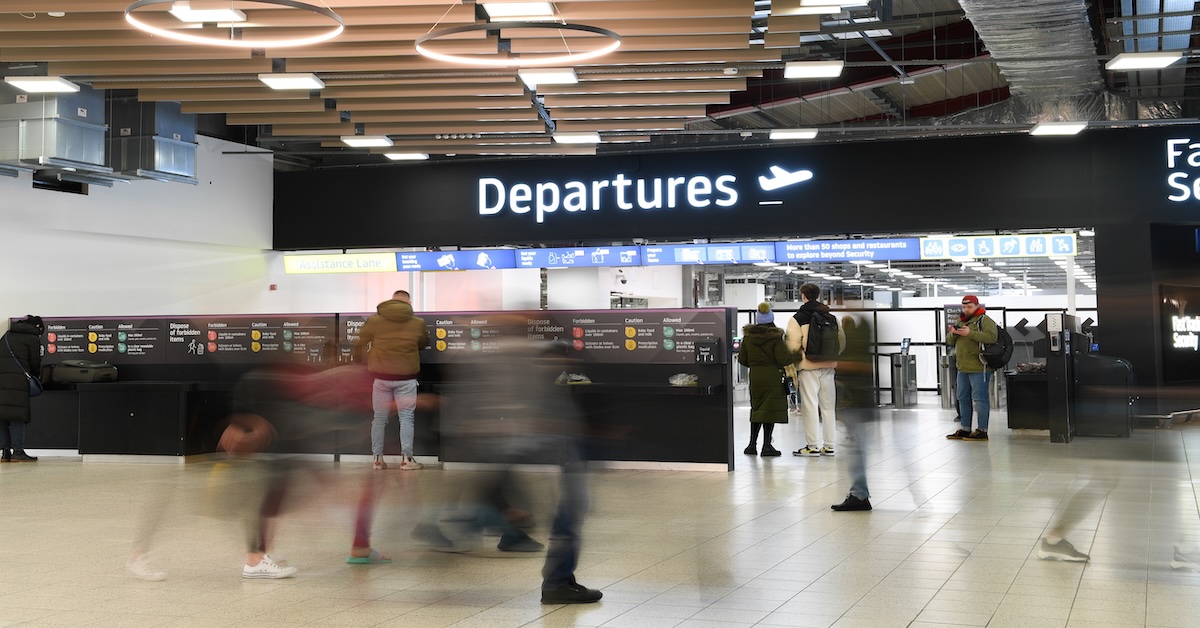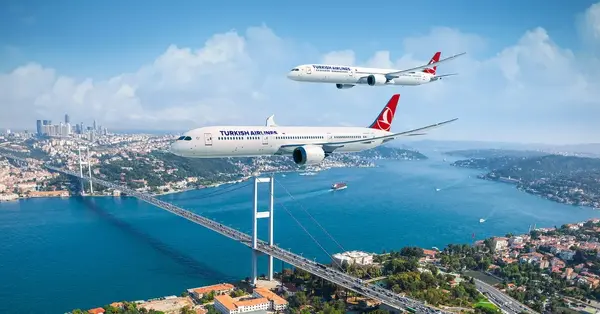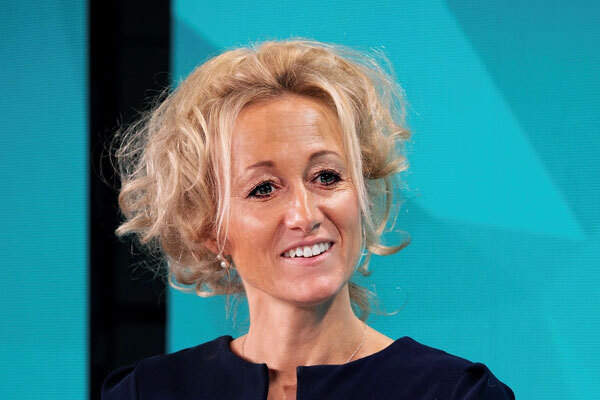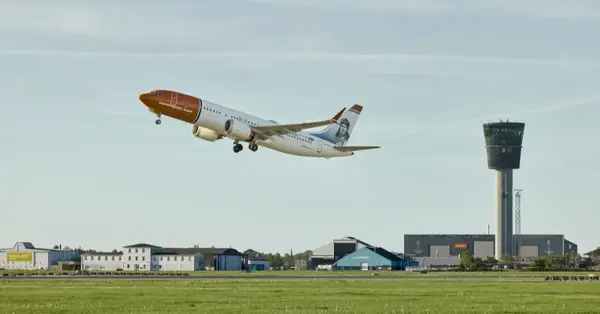You are viewing 2 of your 2 free articles
Analysis: Shifts and shocks across the Atlantic
Evidence of a ‘Trump effect’ on transatlantic travel is emerging but with conflicting impacts, reports Ian Taylor
Trading updates by major carriers and cruise lines last week confirmed a partial slowdown in transatlantic bookings amid uncertainty about US trade policy and its impacts, but with contrasting effects by sector.
Air France-KLM and Lufthansa reported hits to European bookings to the US in recent weeks while US demand for Europe remained strong. However, Norwegian Cruise Line Holdings noted a tail-off in US demand for European cruises in April while Royal Caribbean Group reported little impact despite “heightened uncertainty”.
Lufthansa reported carrying 25% more US passengers to Europe in March than a year ago but a “weakening” in summer bookings for the US.
Group chief executive Carsten Spohr said: “When it comes to vacation trips to the US, especially from the German, Austrian and Swiss markets, it’s easy to imagine families saying, ‘We don’t know if we really want to go.”
The group has set up a taskforce to be able to respond “quickly and flexibly to any weakening in demand”.
Air France-KLM chief financial officer Steven Zaat also reported “a shift in [the] point of sale from Europe in April, with the US getting stronger”, noting the balance of bookings “shifted about three percentage points to the US for Air France and four points for KLM in the first three weeks of April”.
Chief executive Ben Smith said: “We see customers holding back on buying tickets until we see some clarity.”
He added: “It’s the economy cabin where we see a softening on transatlantic routes. Business class and premium economy are doing better than we might have expected.”
Iata reported North American airlines “continued to weigh on global performance with a second month of decline” in traffic in March amid “tepid” worldwide traffic growth.
It noted demand lagged capacity increases “across domestic and international markets” in the month, but North America “exhibited the widest disparity, driven by softening in the US domestic market”.
Traffic between Europe and North America fell by 1% year on year – the first decline in four years.
Complicating the picture, Norwegian Cruise Line Holdings (NCLH) reported “choppiness in customer behaviour related to European itineraries” in April.
Chief executive Harry Sommer said: “We saw some hesitancy for American customers to do long-haul trips . . . [with] some pressure on the third quarter [July to September] in Europe. We’ve seen two to three weeks of challenging bookings.”
Mark Kempa, chief financial officer, added: “Americans seem a little more comfortable closer to home because of what is happening.”
However, Royal Caribbean Group reported “an uplift in demand” with chief executive Jason Liberty noting: “It’s counter intuitive to some of the reporting around consumer confidence.” But he acknowledged: “Things could change.”
Royal Caribbean recorded a $700-million profit for the three months to March against a $40-million loss at NCLH. Lufthansa lost €885 million in the same quarter and Air France-KLM €249 million.


















